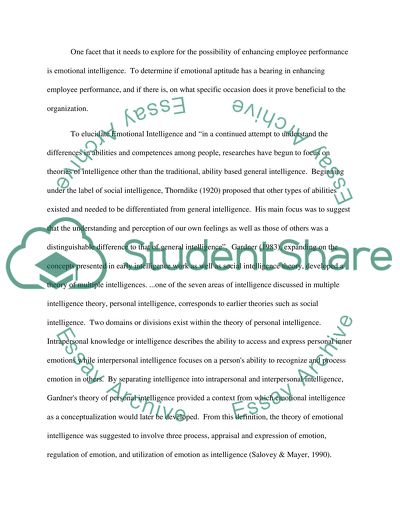Cite this document
(“The Correlation of Emotional Intelligence to Job Performance Literature review”, n.d.)
The Correlation of Emotional Intelligence to Job Performance Literature review. Retrieved from https://studentshare.org/human-resources/1424388-organisational-behaviour-critical-essay-critically
The Correlation of Emotional Intelligence to Job Performance Literature review. Retrieved from https://studentshare.org/human-resources/1424388-organisational-behaviour-critical-essay-critically
(The Correlation of Emotional Intelligence to Job Performance Literature Review)
The Correlation of Emotional Intelligence to Job Performance Literature Review. https://studentshare.org/human-resources/1424388-organisational-behaviour-critical-essay-critically.
The Correlation of Emotional Intelligence to Job Performance Literature Review. https://studentshare.org/human-resources/1424388-organisational-behaviour-critical-essay-critically.
“The Correlation of Emotional Intelligence to Job Performance Literature Review”, n.d. https://studentshare.org/human-resources/1424388-organisational-behaviour-critical-essay-critically.


